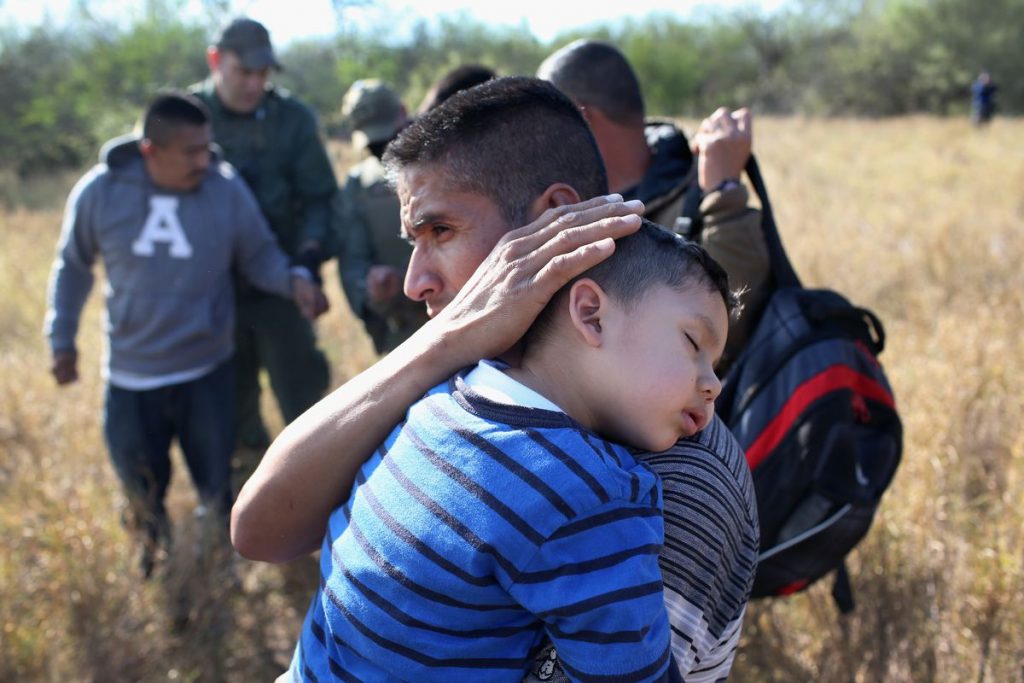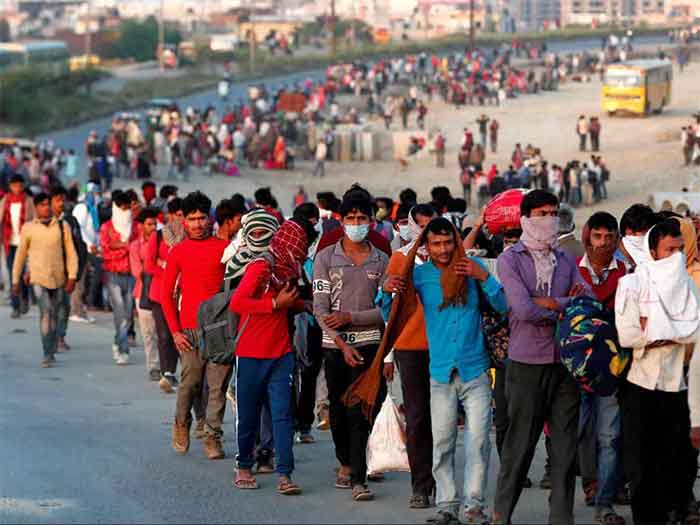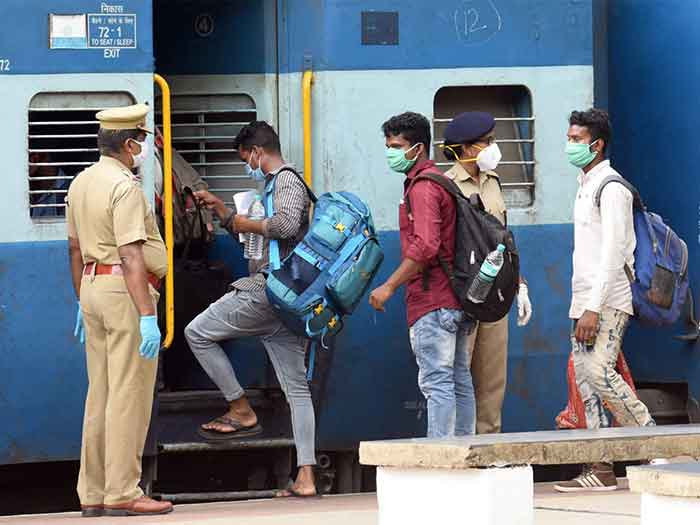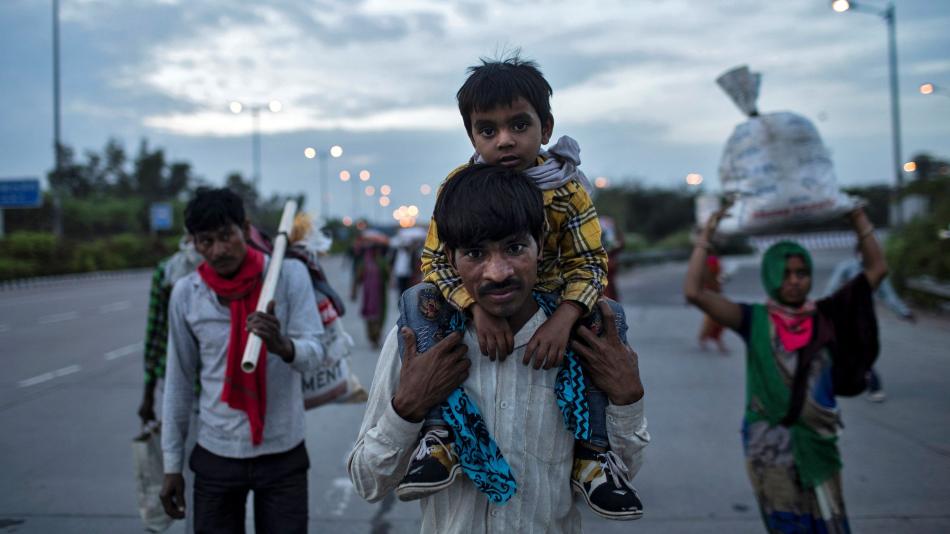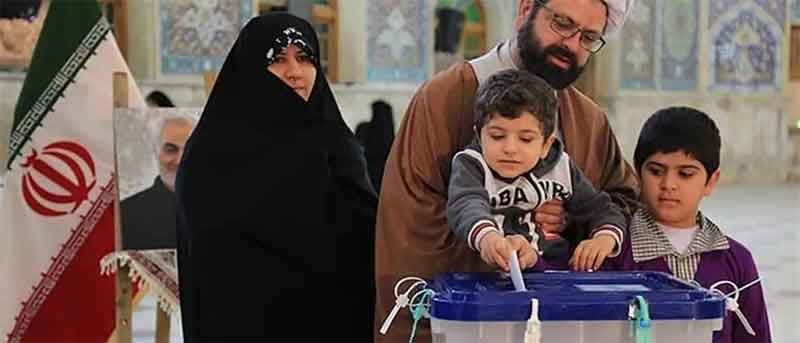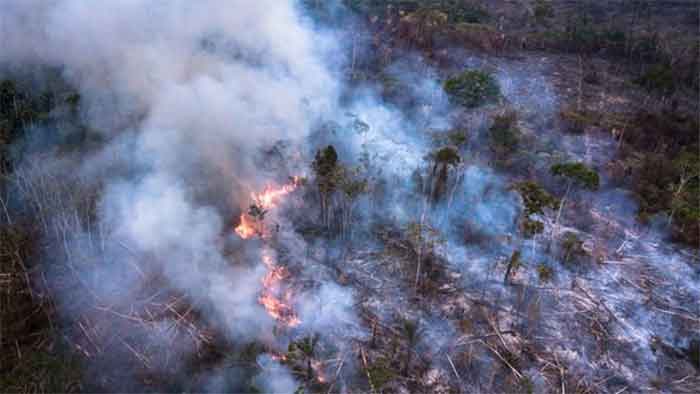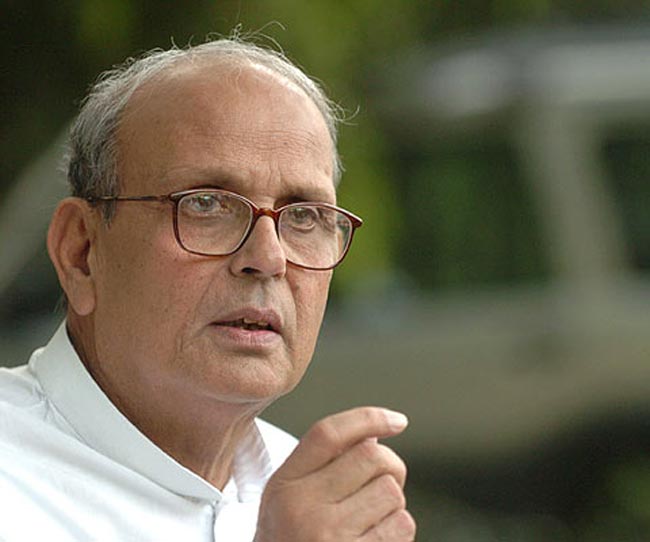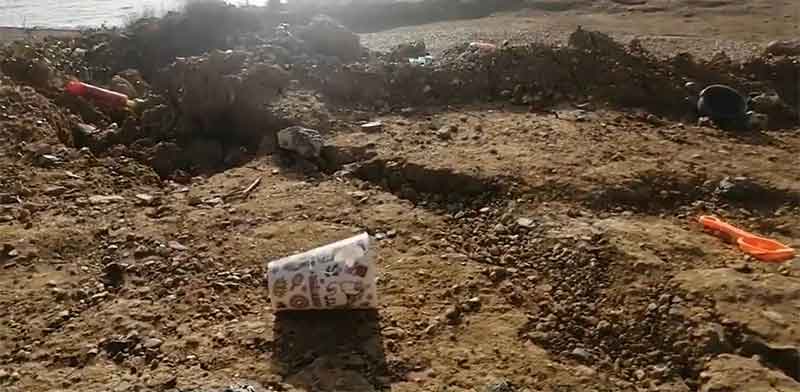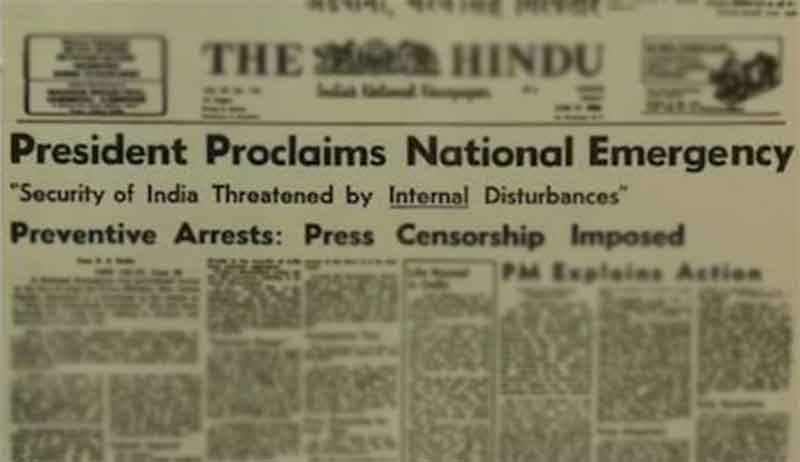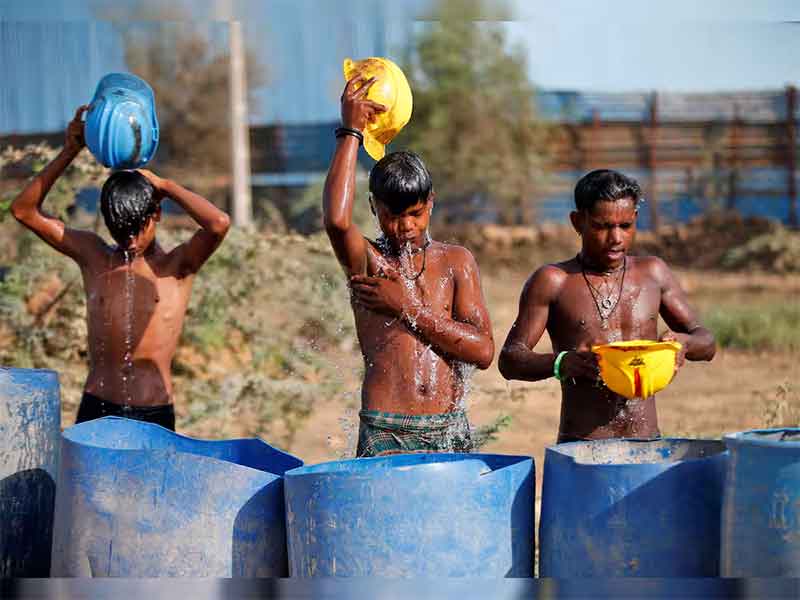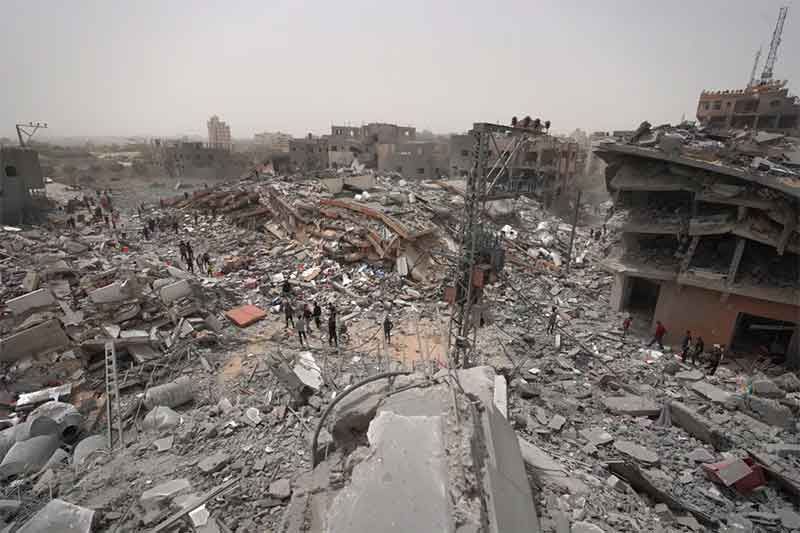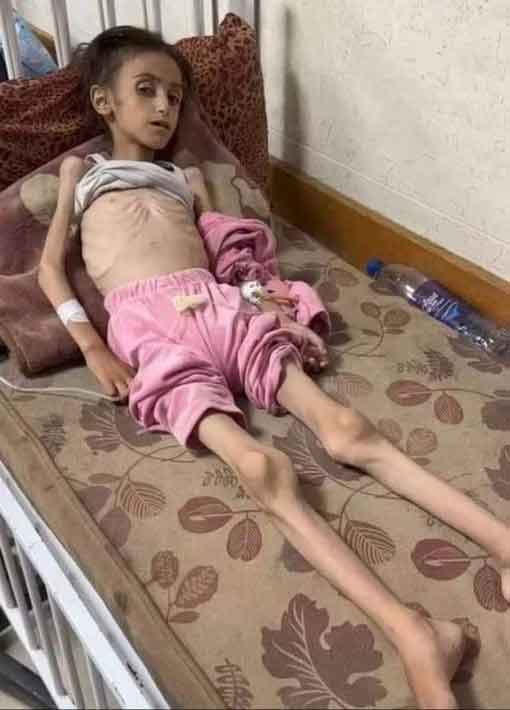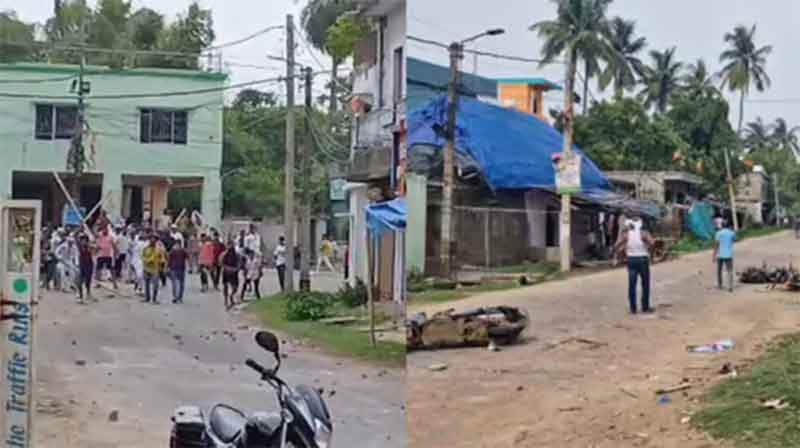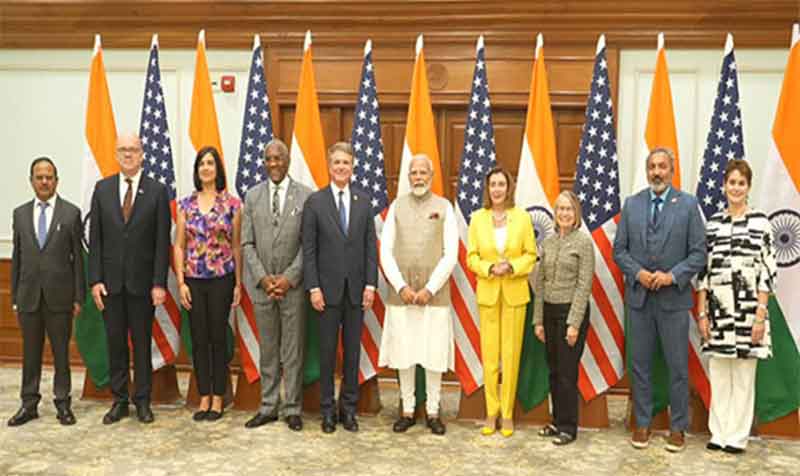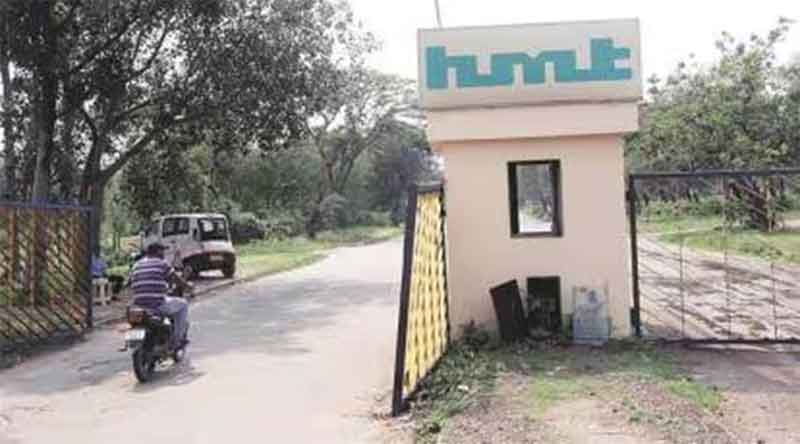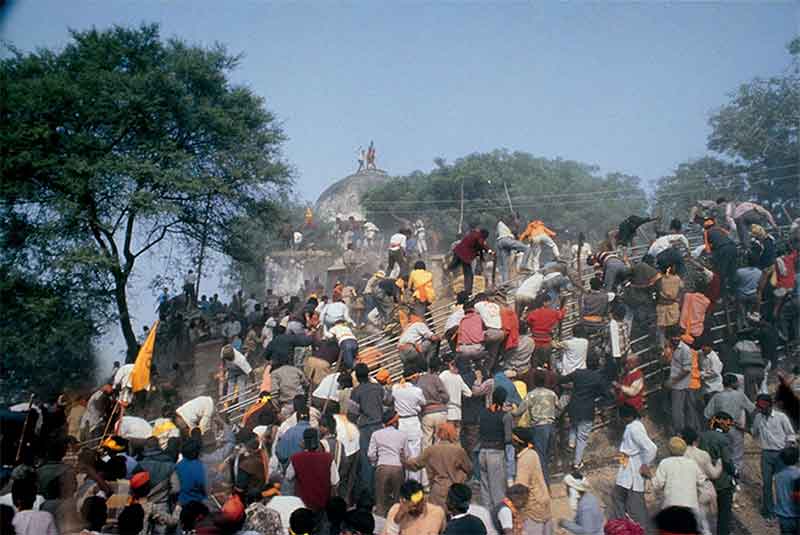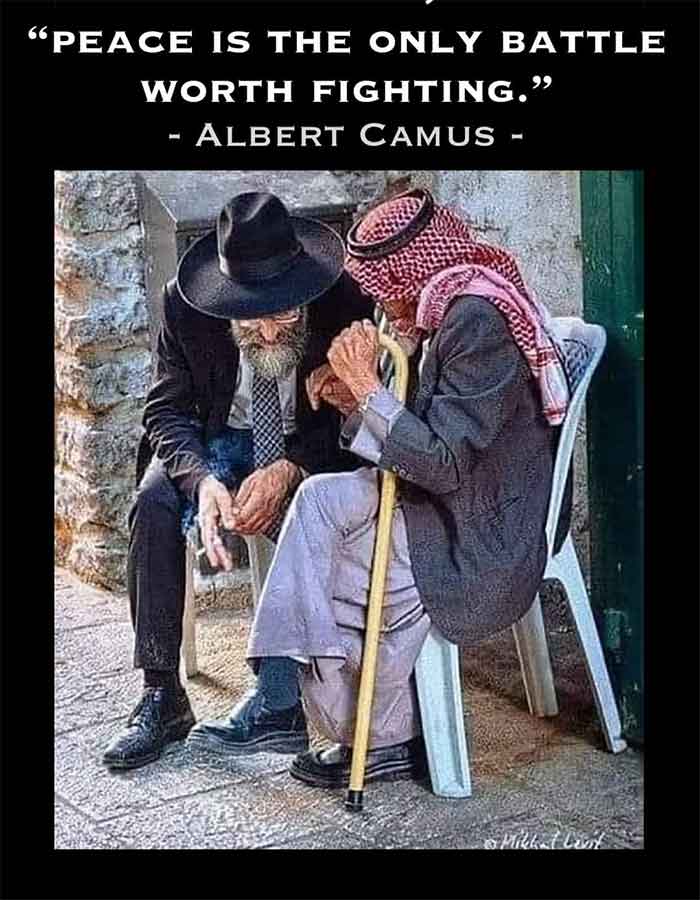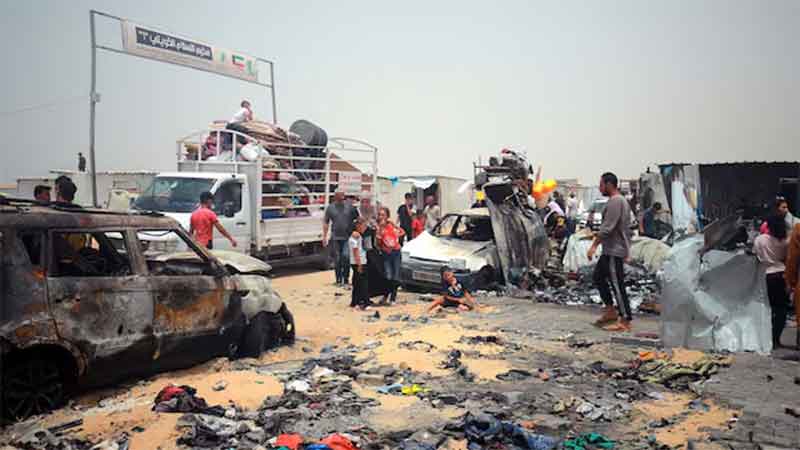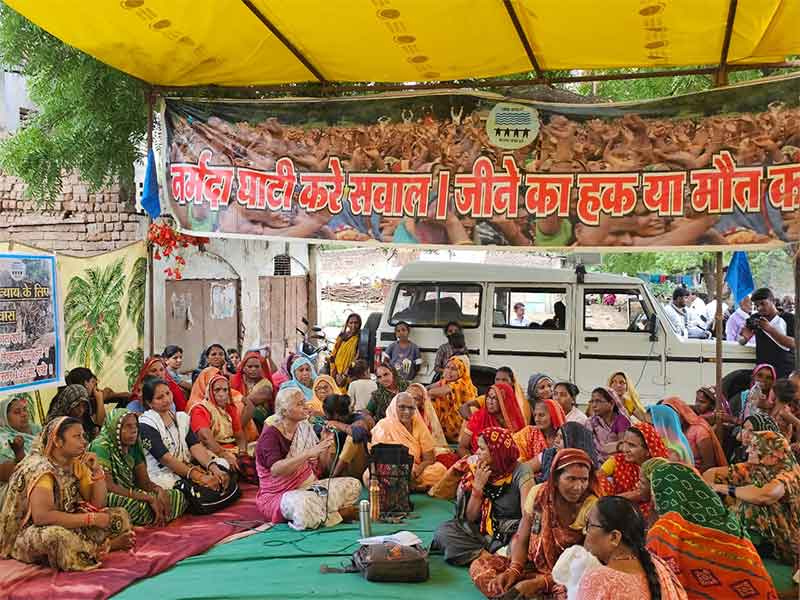
Various welfare schemes have been launched for the welfare of tribal communities and the name of Sahariya tribal community in particular has often figured in the context of the development efforts of the government. Despite this, however, recent visits to some remote hamlets of the Sahariya community in Babina block of Jhansi district, Uttar Pradesh, revealed that the people living here have a highly inadequate livelihood base and continue to depend precariously on migrant labor for sheer survival.
Most Sahariya hamlets tend to be located away from the main village settlement, often on hilly land, reflecting the marginalized state of the community. In Mathurapur village too the Sahariya settlement is located some distance away and even their paths have been encroached upon by others, making the approach even more difficult. All except a very few families are landless. Only a few families have received the benefit of PM Awas scheme for housing. To get their houses constructed under this scheme, the beneficiary families had to put in some of their own contribution too, and for this they had to borrow at the high interest rate of 5% per month.
A pipeline for water has been installed here but people here have not yet started receiving water in their taps. Hence the community here is still depending entirely on two hand pumps for their water needs. In heat wave conditions these hand pumps are unable to maintain the same water yield as before, adding to the woes of people.
Hardly any employment has become available to people under NEEGA or rural employment guarantee law in recent times.
Under these conditions there is no other alternative to migrate for a few weeks to various places wherever employment becomes available, in crop harvesting or any other work. However as several women here explained, conditions at these work sites can be extremely difficult as they have just a few polythene sheets, or pannies as they call them, to try to somehow obtain protection from extreme hot or cold weather, or from rains.
In another Sahariya hamlet of Semariya village women complained bitterly that sometimes the wages which has been agreed upon are not paid fully and sometimes they are even sent back without wages being paid at all. As they are in a vulnerable condition at new places, they cannot resist such exploitative practices, they said. If the labor department intervenes in such cases promptly when complaints are made then they can hope to get some relief.
They are able to get the ration under the public distribution system, which is a big relief, but find it difficult to get the nutritious food from anganwadis, they said.
Apart from other familiar problems faced by anganwadis, this settlement also faces a special problem of excessive exposure to low-hanging high tension electricity wires, a constant source of hazard and danger. Some time back when electric wires fell, five houses of the community were burnt as a result of this. Although some officials visited the village to make some inquiries, they have still not received any compensation for this loss, although due to their poverty and vulnerability they should have received this compensation payment very promptly. In addition they say that a protective cover below the wires should be provided to avoid such accidents in future.
While emphasizing all these problems the women of these two villages also stated with one voice that there is urgency of checking liquor consumption and addiction among male members of the community as hard earned meager income of the community, to which women also contribute a lot, is being wasted on liquor instead of improving nutrition or health or providing for better education of children. Liquor consumption and the resulting domestic violence has a very adverse impact on children too, they said. In addition, the habit of chewing guthka is spreading very fast, adding further to health problems. Women said with one voice that while better livelihood opportunities and welfare schemes are certainly needed, in addition social reform to reduce liquor and intoxicant consumption is a must for providing genuine relief as well as sustainable development opportunities to people.
Parmarth, a voluntary organization, has been trying to help these communities in various ways. As Gaurav Pandey, a senior member of Parmarth’s team explains, most of the involvement is in the context of educational and water issues, but in addition the organization also tries to help in locating some employment opportunities closer to home so that dependence on migrant labor can be reduced. However, he agrees that much more needs to be done to increase the sustainable development opportunities for the Sahariya community.
Dalip Verma, another member of Parmarth’s team more involved with Semariya settlement, says that he intends to seriously pursue the issue of getting the compensation payment for the Sahariya community’s houses burnt by high tension wires in the Sahariya hamlet of Semariya village. If this compensation payment can be arranged, it will be a welcome case of justice delayed but not denied.
Bharat Dogra is Honorary Convener, Campaign to Save Earth Now. His recent books include Man over Machine, A Day in 2071 and Navjeevan.

